Water-management strategies in past societies tell us about urban resilience and vulnerabilities.


Water-management strategies in past societies tell us about urban resilience and vulnerabilities.
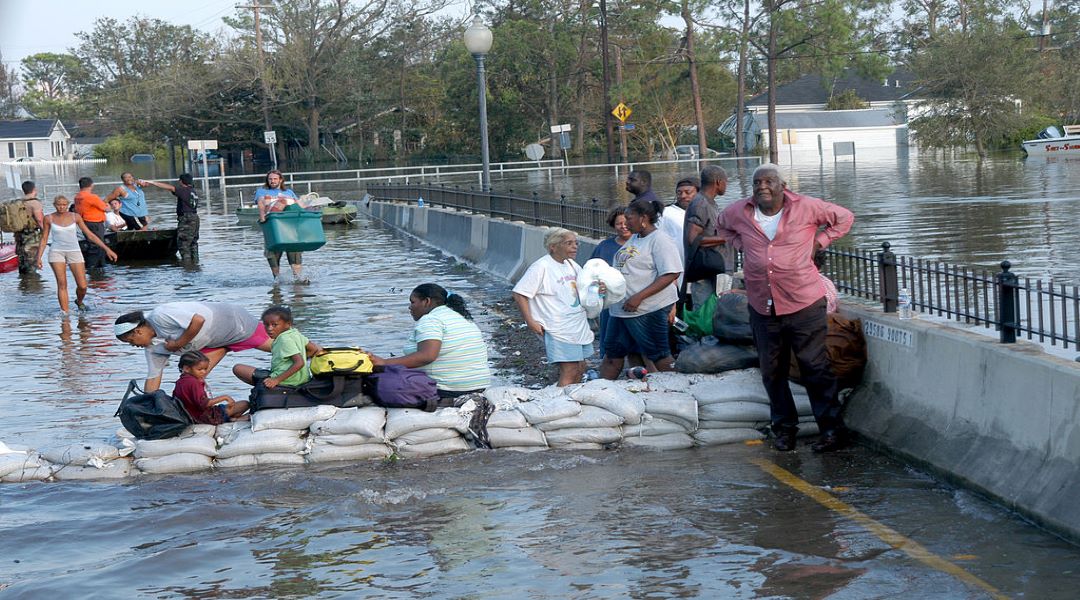
In recent years, extreme weather events caused enormous damage, especially hydro-meteorological hazards such as floods (e.g., 2002 in Central Europe), tsunamis (e.g., 2004 in the Indian Ocean) and hurricanes (e.g., 2005 Hurricane Katrina in the United States). The...
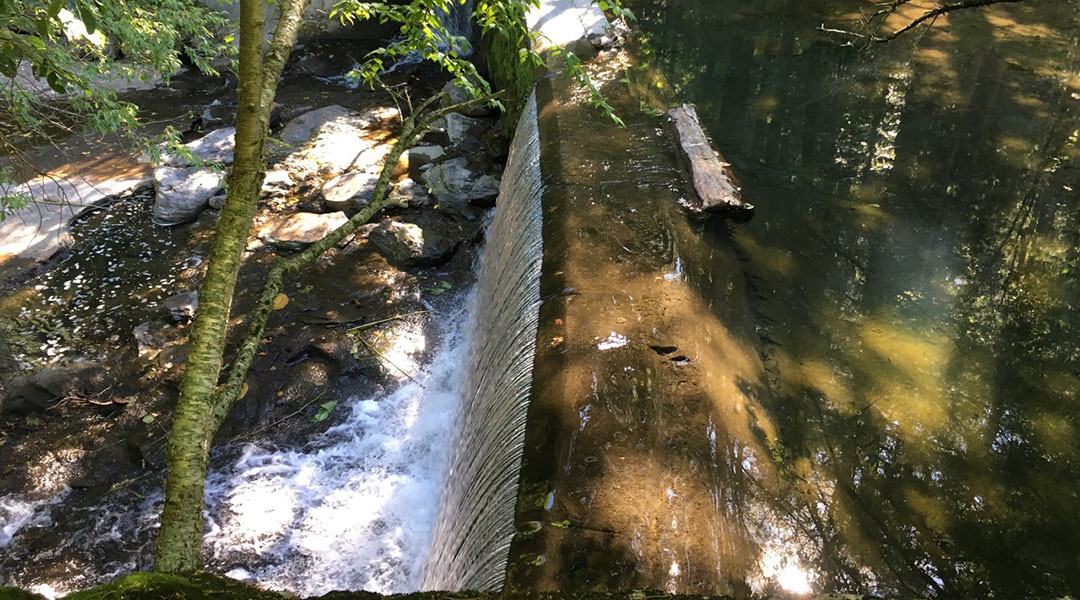
Peter Brewitt and Chelsea Colwyn discuss the legal and policy issues of non-jurisdictional dams

The delicious and nutritious yellow kiwi could be more widely available following a study to improve storage techniques.
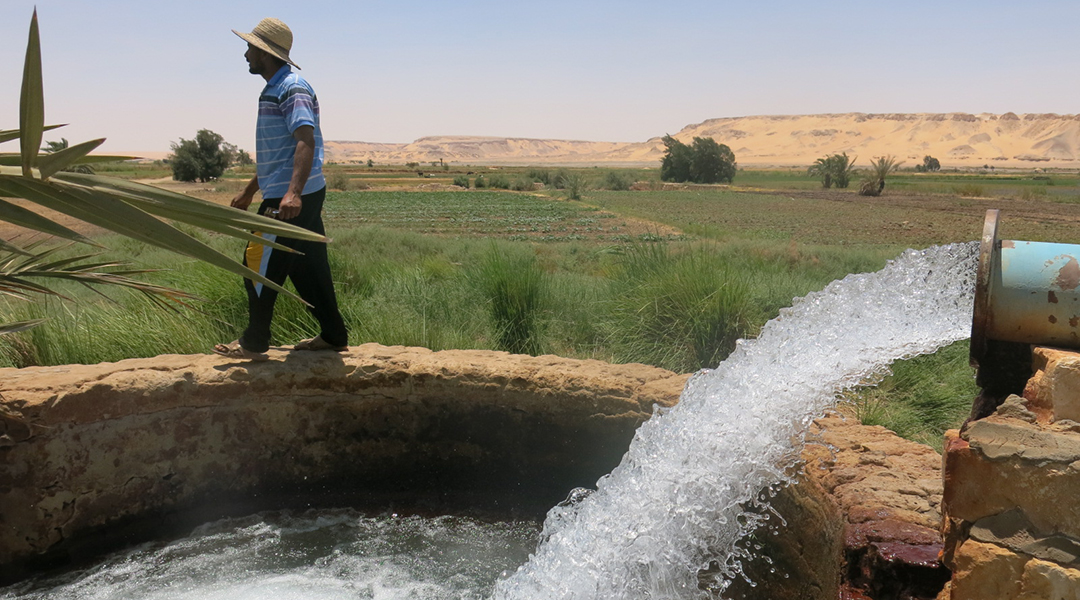
Researchers at the International Water Management Institute put forward a new conceptual thinking to achieve sustainable, socially acceptable, resilient, and equitable resource use.

How do we effectively evaluate and employ zoning and building codes in flood prone areas to minimize damage?

Protecting human health should be a priority in climate change mitigation efforts.
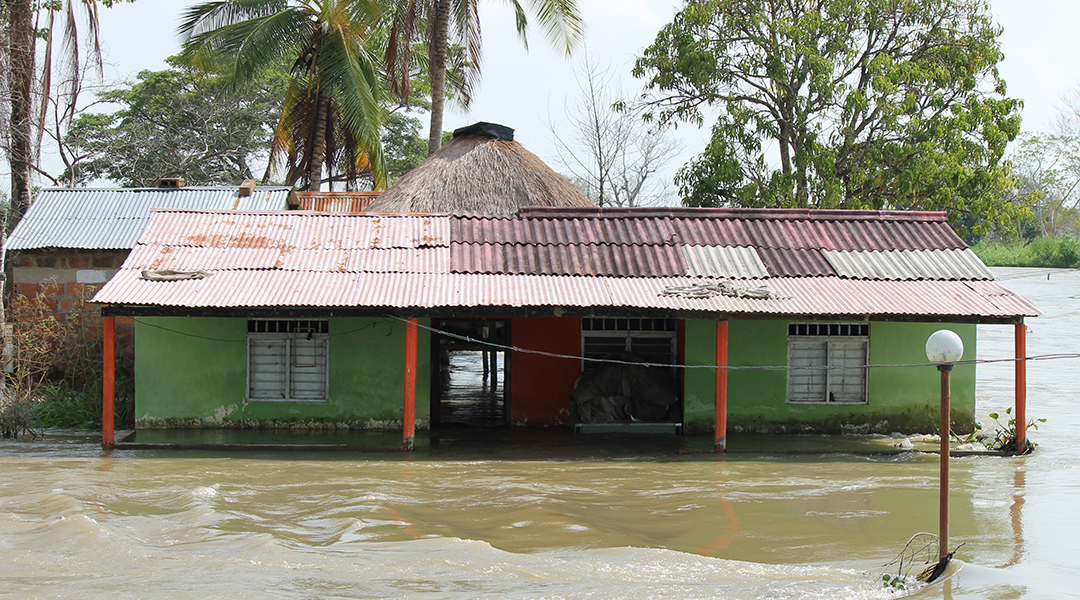
In this opinion piece, researchers analyze a commonly deployed analytical tool used to think about water in the social sciences: the “hydrosocial cycle”.

Irrigators’ decisions to follow best management practices or implement a policy change, to accept a technology, or even to exit farming, all affect society.
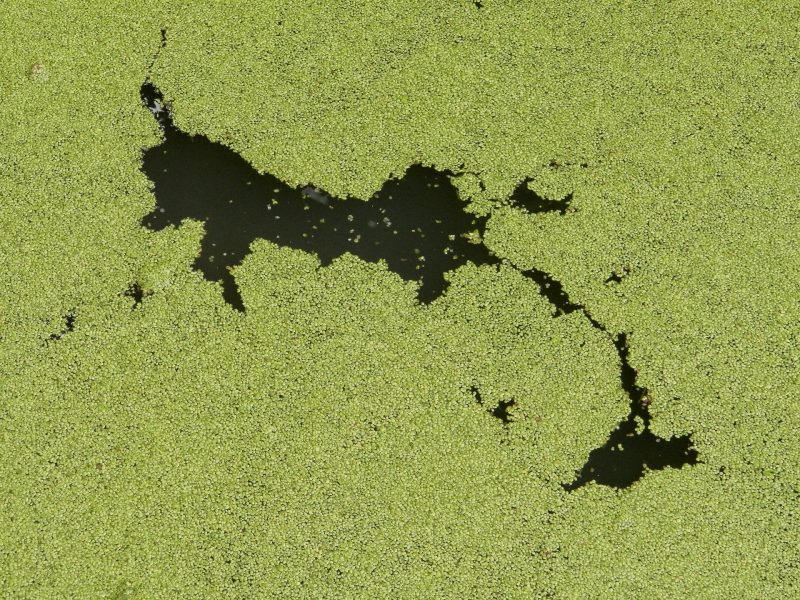
Agricultural, urban and industrial activities have dramatically increased aquatic nitrogen and phosphorus pollution (eutrophication), threatening water quality and biotic integrity from headwater streams to coastal areas world‐wide.